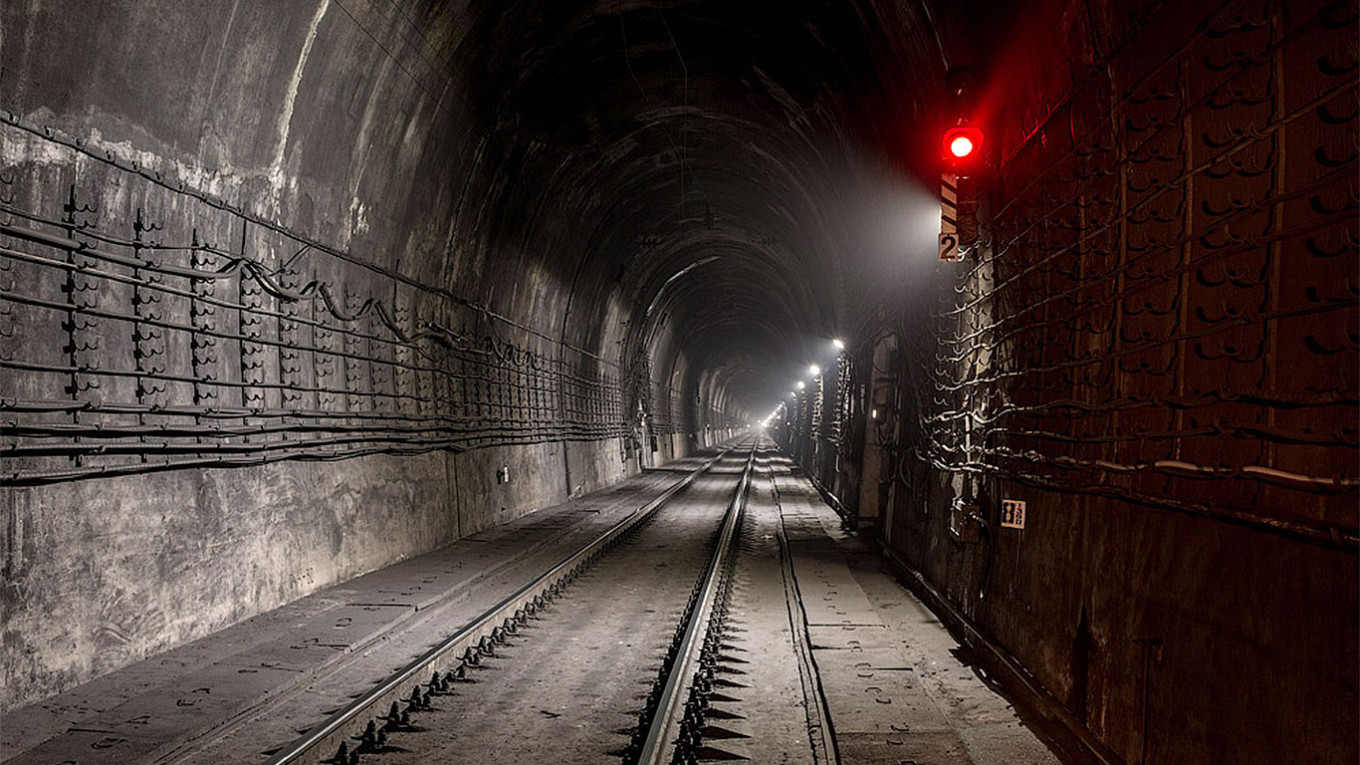Ukraine claimed on Friday to have orchestrated attacks on a Russian railway line in Siberia, thousands of kilometers away from the frontline in eastern Ukraine.
Russian authorities have reported several attacks on the country's transport infrastructure since it launched its invasion of Ukraine last year, often blaming Kyiv.
"The Russians have fallen into the [Ukrainian military intelligence] SBU's trap twice — another fuel train has exploded on the Baikal-Amur railway," a source in Ukrainian law enforcement agencies told AFP.
The source said the alleged attack on Friday was a follow-up to an explosion on Wednesday night involving a train passing through the remote Siberian republic of Buryatia.
There was no immediate response from the Russian side to the latest incident, but Moscow confirmed a train crew earlier this week had spotted smoke in a fuel tank and called firefighters to the scene.
On Friday, the Russian business daily Kommersant, citing multiple sources familiar with the matter, said that investigators had opened a criminal probe into Wednesday's incident and that the fire on the train was likely caused by an unidentified explosive device.
"Russian special services should get used to the fact that our people are everywhere. Even in distant Buryatia," the anonymous Ukrainian source told AFP.
The source added that the second attack had targeted an alternative train route along the same railway, over the Chortov Bridge, which is also in the republic of Buryatia.
"This is exactly what the SBU was counting on — as the train was passing over this high 35-meter bridge, the explosive devices planted in it detonated."
The Baikal–Amur railway is over 4,000 kilometers long and runs adjacent to the borders of China and Mongolia.
A Message from The Moscow Times:
Dear readers,
We are facing unprecedented challenges. Russia's Prosecutor General's Office has designated The Moscow Times as an "undesirable" organization, criminalizing our work and putting our staff at risk of prosecution. This follows our earlier unjust labeling as a "foreign agent."
These actions are direct attempts to silence independent journalism in Russia. The authorities claim our work "discredits the decisions of the Russian leadership." We see things differently: we strive to provide accurate, unbiased reporting on Russia.
We, the journalists of The Moscow Times, refuse to be silenced. But to continue our work, we need your help.
Your support, no matter how small, makes a world of difference. If you can, please support us monthly starting from just $2. It's quick to set up, and every contribution makes a significant impact.
By supporting The Moscow Times, you're defending open, independent journalism in the face of repression. Thank you for standing with us.
Remind me later.






